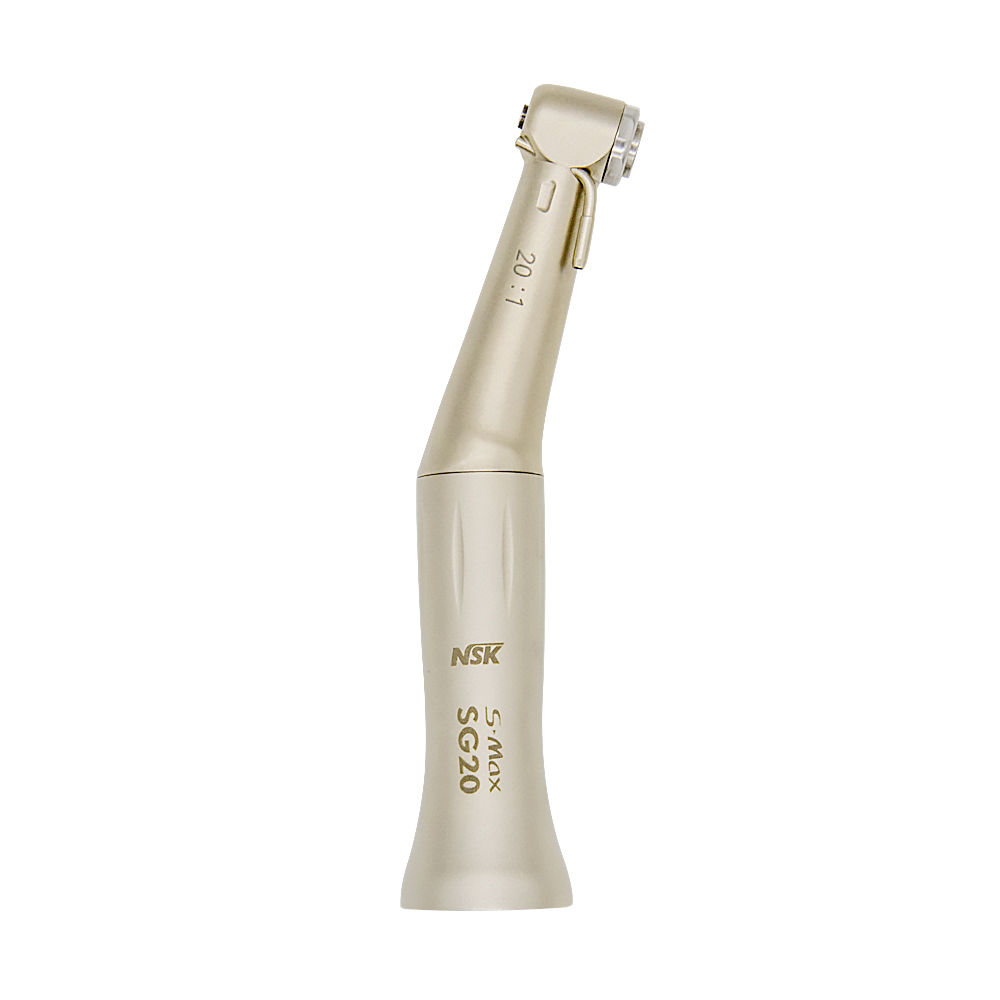
Causes of Dental Implant Loss
Dental implants are known as “the third tooth of mankind”. The natural roots are replaced by tiny titanium metal roots, which are carefully implanted into the bone under anesthesia. These tiny titanium metal is combined with the patient’s bones. .
Although dental implant restoration has many advantages, it cannot be said that after implantation, it can be used once and for all without maintenance, because dental implants are not omnipotent, and they may fall out. What’s more, our real teeth will fall off due to various reasons! What causes the loss of dental implants?
Artificial dental implants have gained widespread popularity in recent years and have become one of the main ways for many customers to restore missing teeth. However, reports show that the number of failed plantings has also increased. Although dental implant surgery is less traumatic, the success of the operation is related to many related factors.
- Systemic factors: Diabetic factors. Due to the disordered metabolism in the body of diabetic patients, the blood sugar in the body is conducive to the growth of bacteria, which leads to an increase in the infection rate and the failure rate; hyperparathyroidism leads to abnormal blood calcium metabolism, often resulting in osteoporosis. Affect osseointegration.
- Lifestyle: smoking factor. Smoking has always been considered as one of the risk factors affecting the long-term use of implants. Nicotine substances in tobacco can stimulate sympathetic nerves and cause vascular intimal damage. Tobacco can also reduce the body’s absorption of calcification, leading to osteoporosis, affecting osteogenesis and bone calcification; smoking cessation during implant healing is beneficial to the osseointegration of the implant. In addition, biting hard objects, chewing on the side, collisions during exercise (improper protection), etc. can also cause fractures between the implant and the surrounding bone tissue.
- Implant osseointegration failure: insufficient bone around the implant, premature weight bearing of the implant, early micro-movement of the implant, and postoperative infection can all lead to the failure of early osseointegration. During the operation, the trauma of the implant bed should be minimized. Mechanical trauma and thermal burns in artificial dental implant surgery are an important factor affecting the success of implantation. Because the critical temperature of bone tissue is 47 degrees Celsius. The high temperature of bone tissue during the preparation of dental implant socket is one of the reasons for the early failure of implants. Although failure of implant osseointegration is the most common complication of implant treatment, with the continuous updating of implant surface treatment methods and the continuous improvement of clinicians’ skills, this complication is becoming less and less.
- Peri-implant mucositis: After the implant has achieved successful bone healing, it does not mean that it will be safe in the future. Just like natural teeth, dental implants also need maintenance. Plaque can form on the surface of natural teeth and implant restorations, which can cause the body’s defense response and cause inflammation of soft tissues. It can cause gingivitis in natural teeth, and it is called peri-implant mucositis in implant restorations. Peri-implant mucositis can be manifested as soft tissue hyperemia, softness or hyperplasia, and even mucosal erosions and ulcers. At the same time, there is oral odor, clinical exploration and detection bleeding, and the depth of exploration increases. Timely treatment can reverse the disease. The long-term irritation, mucositis can continue to develop into peri-implantitis.
Peri-implantitis (similar to periodontal disease of natural teeth) is an inflammatory process that affects the tissue surrounding the implant that has formed osseointegration and functions. It can lead to the loss of supporting bone and the failure of osseointegration. Peri-implant infection and periodontal infection are related to the patient’s plaque control level, mainly due to poor oral hygiene habits, long-term accumulation of plaque, overload and smoking. Peri-implant mucositis can also cause peri-implant inflammation. Therefore, get up early for prevention, get up early for treatment, and deal with the cause in time.
- Implant restoration and overload: Since the implant is in direct contact with the bone, there is no periodontal ligament structure between the two, so the periodontal ligament lacks the cushioning effect of the periodontal ligament on the natural tooth, and it is easily affected by inappropriate bite force. Improper design of the superstructure is an important reason for the failure of implant restoration. Improper design of the occlusal surface will cause uneven stress distribution around the implant and generate greater lateral force. In addition, too large implant load will increase the destructive power of infection and may cause significant alveolar bone resorption.
- Loose foundation pile: The reason for the loss of this kind of dental implant is caused by improper operation by the dental implant dentist. At this time, the restoration is not separated from the implant, and the restoration is loosened in rotation. At this time, you can see the foundation pile and The gap between the implants.
- The foundation pile is broken: The main reason for this situation is that the quality of the implant is not good enough. At this time, the implant foundation pile and the restoration are separated from the implant. Part of the foundation pile is broken in the implant body, and the foundation pile can be seen Break off the port.
- The technology of hospitals and doctors: Dental implant surgery must go to a regular medical institution to find a professional doctor, and take care of it in strict accordance with the doctor’s instructions to achieve the desired effect.
- In addition, biting hard objects, chewing on the side, collision during exercise (improper protection), etc. will also cause the fracture of the implant and the surrounding bone tissue.
In short, compared with other methods of restoration of tooth loss, the restoration of dental implants is more complicated. In addition to the doctor’s factor, the above-mentioned various reasons can determine the success of implant restoration. Therefore, implant dentures must choose regular hospitals and professional doctors.





